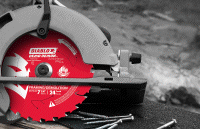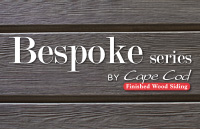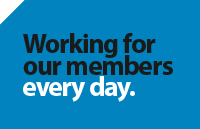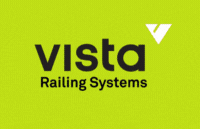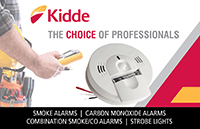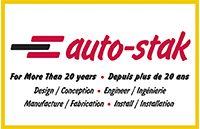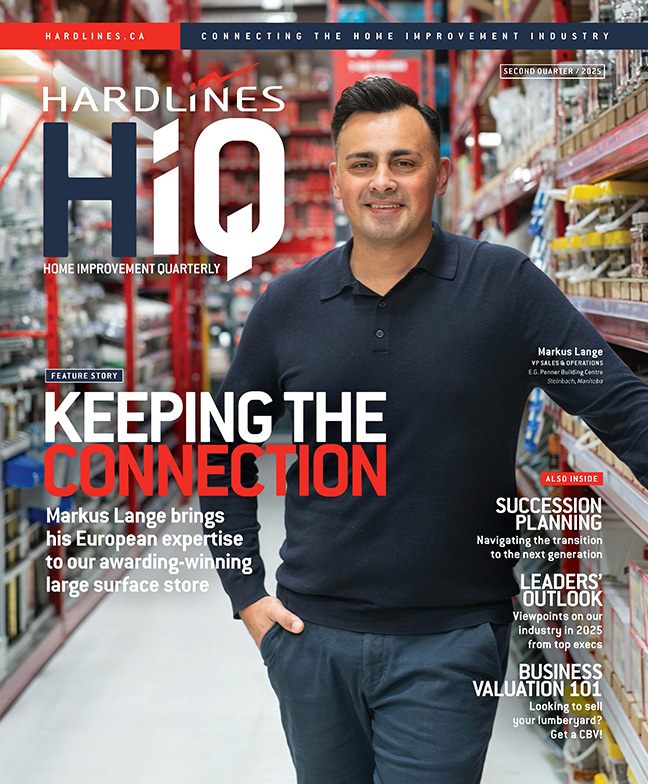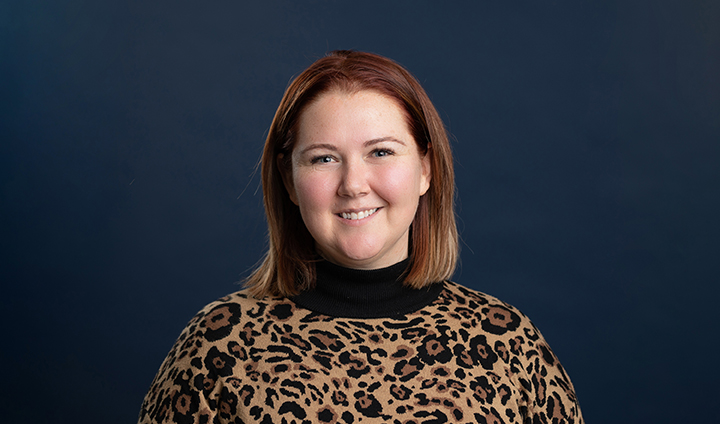 It was not an industry that attracted a lot of women. And it sure wasn’t considered flashy. Sound familiar? No, it’s not home improvement retailing. It’s residential and commercial pest control. But, like in our industry, times are changing.
It was not an industry that attracted a lot of women. And it sure wasn’t considered flashy. Sound familiar? No, it’s not home improvement retailing. It’s residential and commercial pest control. But, like in our industry, times are changing.
Case in point: Abell Pest Control is a leader in the Canadian market. And the company’s HR lead is a woman. Meet Sara Cromwell, director of people excellence. Abell now has 23 locations across North America. Cromwell oversees the HR for all of them.
She’s been a director for almost four years, a role she took on right before Covid. For 15 years before that, she served as the company’s HR manager. Cromwell says she “kind of fell into the role.” She was at Trent University in Peterborough, Ont. taking political studies, but wondered whether she’d ever get a job in that field. She ended up at her father’s firm in payroll. “You often get into HR from one of two paths—either recruitment or payroll,” Cromwell observes.
Eventually she was cold-called with an invitation to apply at Abell, but she admits the pest control industry didn’t sound very attractive—especially for a woman. But after she met with the management, her attitude changed “and it was love at first sight.”
The right attitude “starts at the top.” Her boss, John Abell, is a strong supporter of his team. “He trusted me fully and let me bring my authentic self.” She says it was a “terrific choice” for her.
Nor is she alone. Over the past decade, Abell has doubled in size, while the number of women in management roles has grown 116 percent. But women are filling the ranks on the front lines as well. As people consider Abell as a possible employer, they can see more women in senior roles, which has encouraged young women to join the company as technicians or in other operations roles.
“Women in operations have gone up 73 percent, a change that has been both organic and intentional, says Cromwell. “We really did focus on supporting women—we support everybody—but we really support women throughout their journey. We understood that there were some things that were holding back women from taking on roles in the company.”
Working on the front lines of pest control does not come across as “sexy,” she admits. “It requires working in a job confronting cockroaches, or bedbugs jumping everywhere, and you have to look confident.”
But when it comes to recruitment, women may be less likely to apply for a job if they don’t feel they meet all the criteria. They are more “risk-averse” Cromwell says, while men can be more likely to push ahead. “So we re-examined our job postings and reconsidered the qualifications.” For example, the requirement to be able to lift up to 40 pounds might come up only a couple of times a year on the actual job. The requirement was eliminated.
What makes Abell Pest Control a successful workspace, one that everyone, women included, can thrive in? “I think it’s to build an environment where people can bring their true authentic selves to work without being slapped down, without being told, ‘this is the way we do this,’ or people feeling they need to mirror the behaviours of the leadership team,” says Cromwell.
“You don’t get diversity of thought or diversity of innovative products when everybody thinks the same way. The more trust your people have in the leadership and the decision-making process, the more I feel they’re able to bring their true selves to work.”
“That’s the basis of a great workplace: how much trust do your people have in you?”













